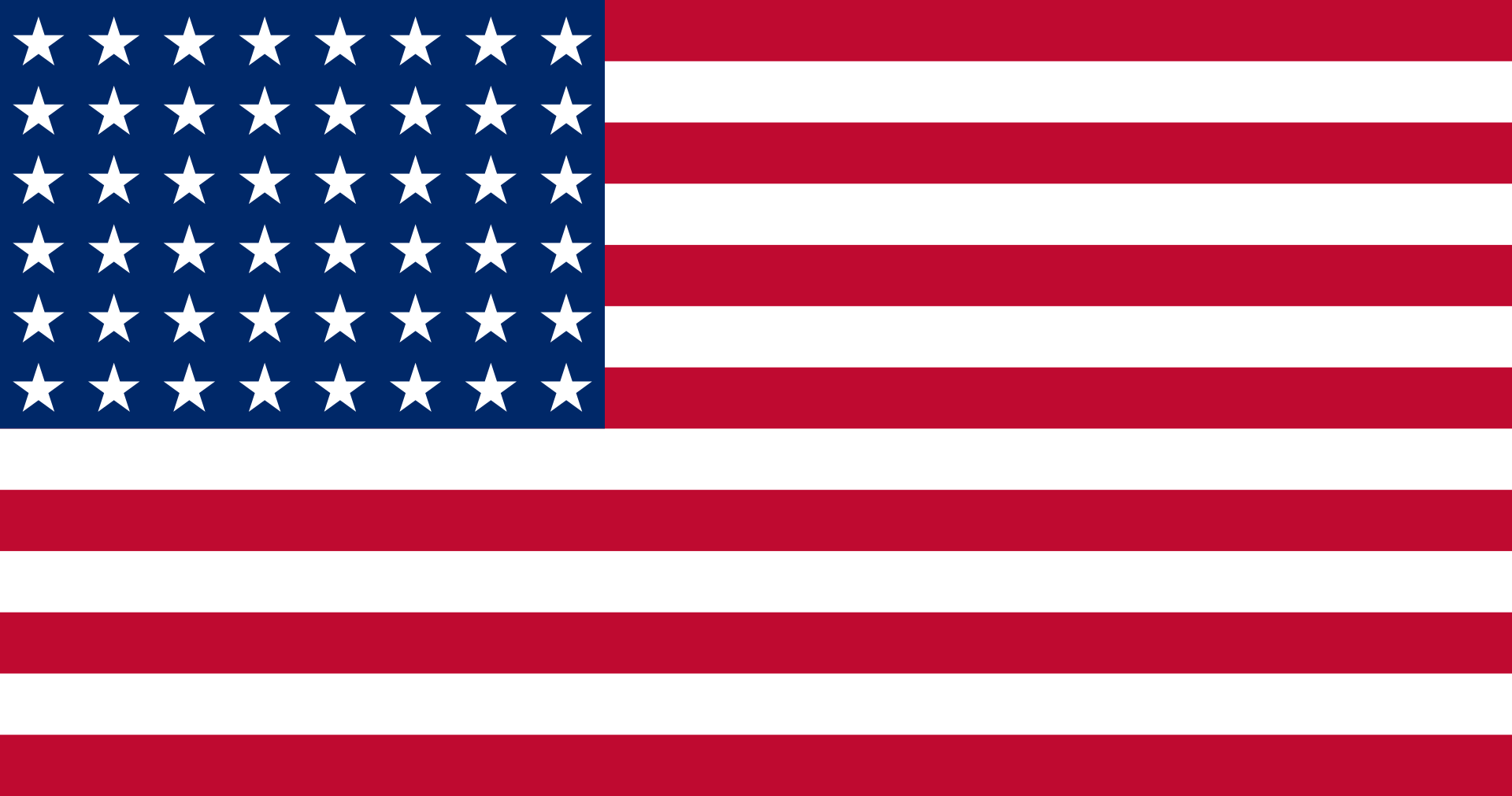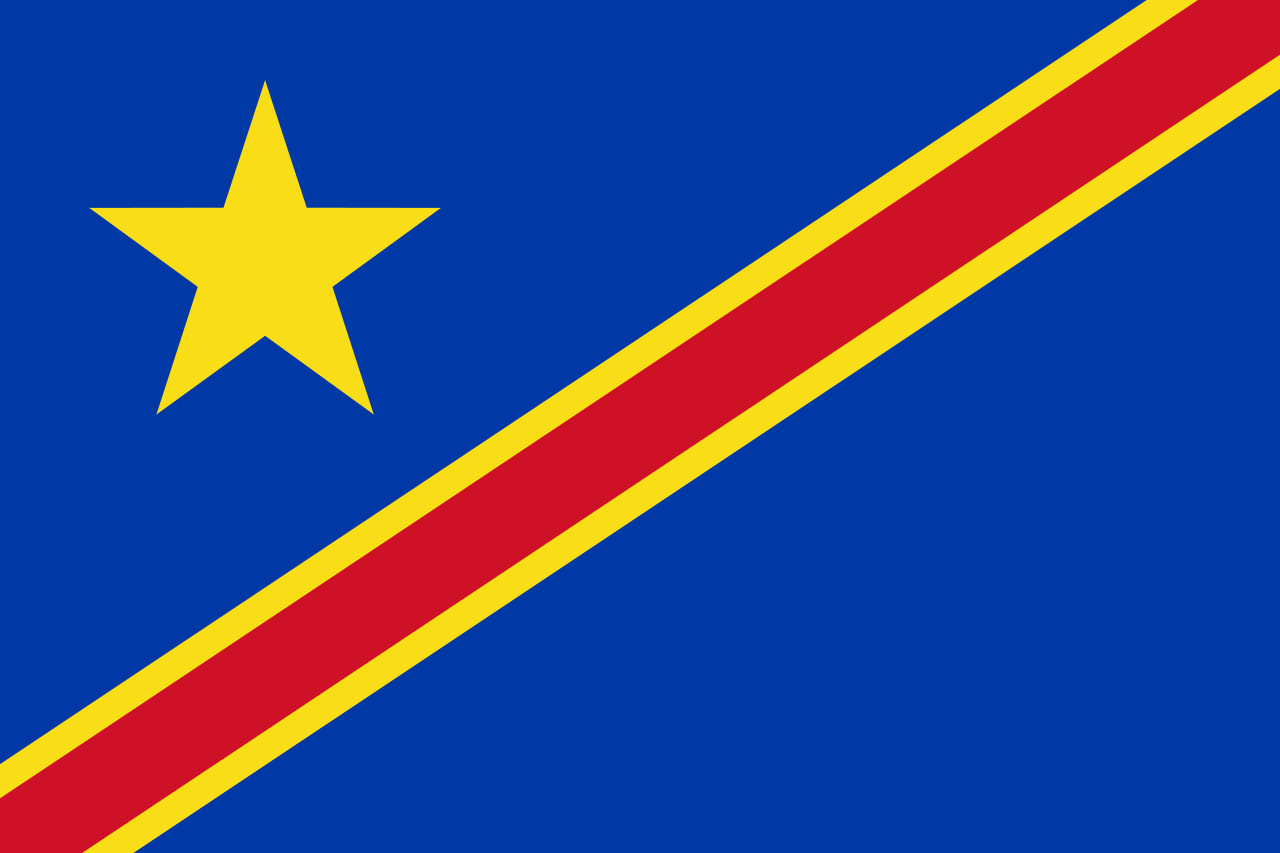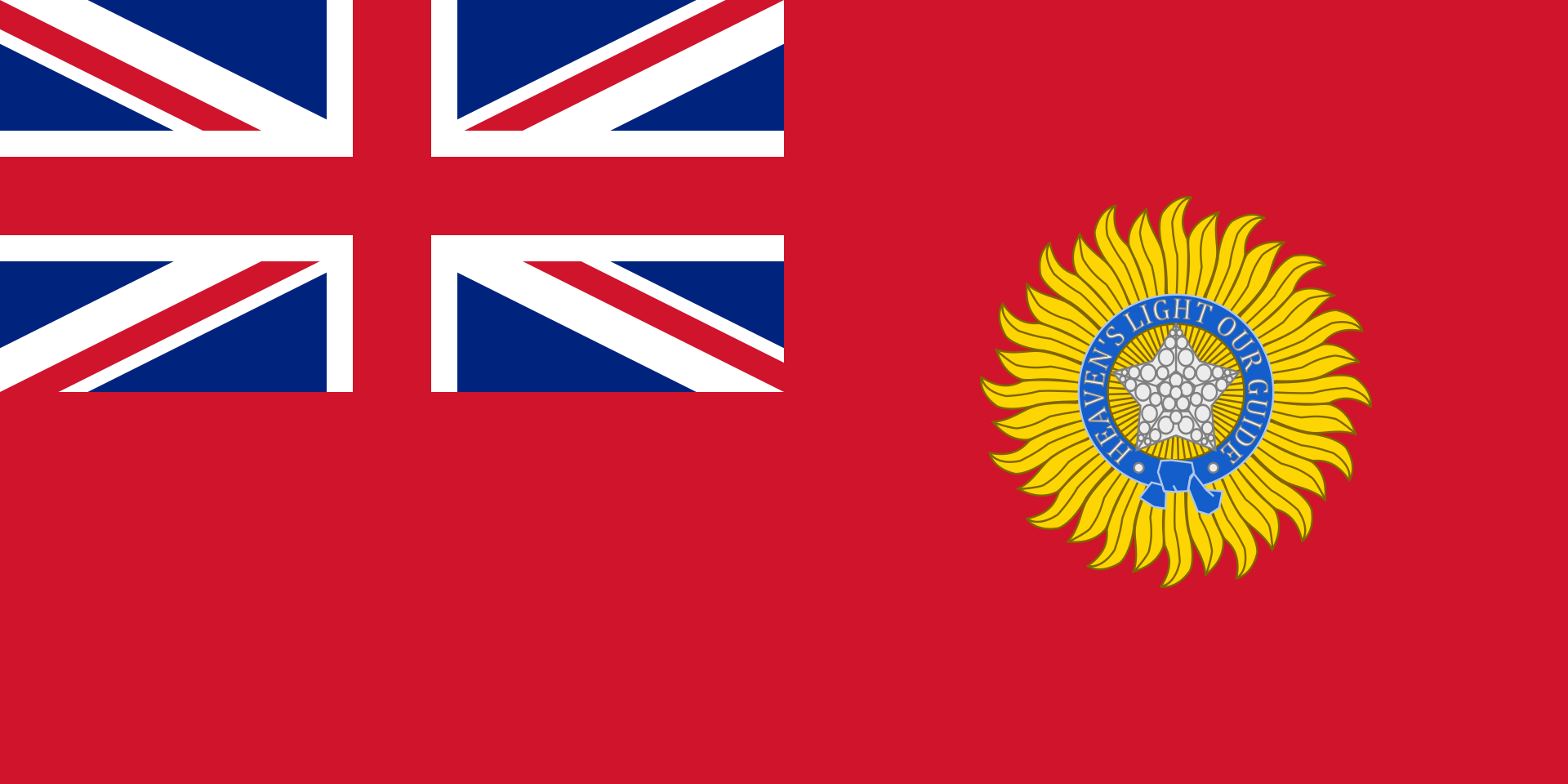Commando 43-47160
Aircraft Identification
VARIANT: Curtiss C-46A-55-CK Commando
USAF SERIAL NUMBER (S/N): 43-47160
CURTISS CONSTRUCTION NUMBER (C/N): 231
COMMANDO LINE NUMBER (L/N): CK208
FATE: Written off
Operational Record
 January 1945 to April 1946
January 1945 to April 1946
43-47160 - USAAF (USA)
26 January 1945
Delivered from the Curtiss-Wright factory in Louisville, KY.
12 February 1945
Departed the USA for Karachi, Sindh, India.
Assigned to ATC India-China Division, 1333rd AAF Base Unit, Chabua, Assam, India.
5 September 1945
Damaged in Kunming, Yunnan, China in a ground accident.
Pilot: Milton J. Thompson
Unknown date
Assigned to Karachi, Sindh, India.
 June 1956 to 1959
June 1956 to 1959
N10421 - AMERICAN AIRMOTIVE CORPORATION (USA)
25 June 1956
Purchased.
30 October 1956
Registered.
 1959 to June 1960
1959 to June 1960
N10421 - MIAMI AIRLINES (USA)
1959
Leased from American Airmotive.
1960
Returned from lease.
Right & below: N10421 seen at Oakland, CA in June 1959 is Miami Airlines colors.
Photo credit: Larry Smalley / Ed Coates Collection
 June 1960 to May 1961
June 1960 to May 1961
N10421 - IMPERIAL AIRLINES (USA)
June 1960
Leased from American Airmotive.
1961
Returned from lease.
Unknown date
Converted to Super 46C.
25 May 1961
Registration cancelled, exported to Panama.
 1962 to September 1964
1962 to September 1964
HP-300 - CONGO GOVERNMENT (CONGO LEOPOLDVILLE)
1962
Leased from Aerovias Panama.
1963
End of lease contract.
Probably stored in Leopoldville, Congo.
 September 1964 to September 1967
September 1964 to September 1967
9T-PLA - ANSTALT WIGMO (CONGO LEOPOLDVILLE)
1964
Purchased as Wigmo's first transport aircraft through George Monteiro, the owner of Aerovias Panama who was also involved in Wigmo.
12 November 1964
Diverted to Manono, Congo Leopoldville after an engine failure.
Manono was behind enemy lines at the time, but no troops were present at the airfield when the Commando landed. The engine failure was traced to a faulty cylinder, and luckily an R-2800 has been abandonned on the airfield by one of the former ONUC C-46 contractors. A cylinder was taken from that engine and fitted to the failed engine, allowing the Commando to take off the following day. Several Americans were on borad the aircraft at the time, including Jack Anderson, chief of CIA air operations in Congo.
3 January 1966
Damaged in Baudoinville, Congo Leopoldville in a landing accident (no fatalities).
The Commando nosed over after landing on soft ground. The lower part of the nose was crushed and the propellers bent. The aircraft was temporarily fitted with the only available spare propellers, taken from a scrapped company B-26 Invader - the Hamilton Standard hub 23E50 was identical, but the B-26 blades were 30cm shorter. This was compensated by the pilots applying more pitch. The aircraft nose was rebuilt by Rudy Korner, a German who was trained as an aircraft builder. The Commando was eventually flown out of Baudoinville after a month, and proper propellers were fitted again as soon as they became available.
Mid-1966
Damaged at Kinshasa Ndjili, Zaire in a landing accident (no fatalities).
The Commando nosed over on landing once again. The nose was rebuilt again by Rudy Korner.
6-7 August 1967
Flew reconnaissance missions between Kisangani and Bukavu, Zaire to locate a mercenary column.
Received minor damage from small arms fire.
Pilot: Ragne Moller
5 September 1967
Shot down in error over Goma, Zaire by a Congolese Air Force T-28 (0/2 fatalities).
Crew:
Ragne Moller, Captain
Jan Hekker, First Officer
The Commando was operating a reconnaissance mission with two crewmembers onboard. Its aims was to clarify whether or not the town of Goma, Zaire had fallen into rebel hands. While approaching Goma at 6,000ft, the aircraft was shot at by a Congolese Air Force T-28. The left engine caught fire and part of the left flaps were torn off. The pilot feathered the engine and tried to extinguish the fire while Goma tower was radioing the T-28 not to shoot - to no avail. The Congolese pilot made another straffing run on the Commando, and the pilots decided to bail out with two spare parachutes which had been left behind in the cabin by T-28 pilots. The Commando crashed in flames while the two pilots parachutes safely in Rwanda, where they were rescued.
Below, left: 9T-PLA in its original livery with minuscule registration markings on the tail, stranded in Manono, Congo Leopoldville in November 1964.
Below, right: a lineup of Wigmo's Commandos at Kinshasa Ndjili in late 1965 or early 1966, with 9T-PLA in front and -PLD and -PLC behind.
Photo credit: Leif Hellstrom / Small Air Forces Observer Vol.36 No.2
Last edited: 11/04/2021

 April 1946 to August 1955
April 1946 to August 1955 August 1955 to June 1956
August 1955 to June 1956 June 1956
June 1956


